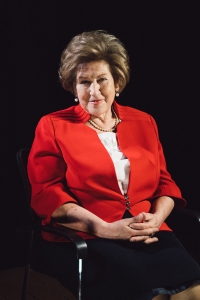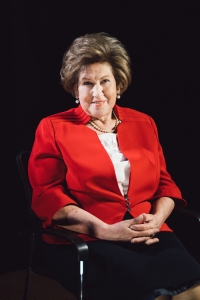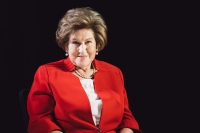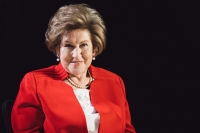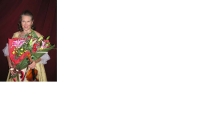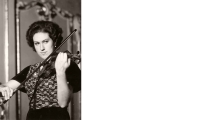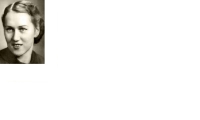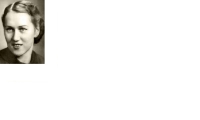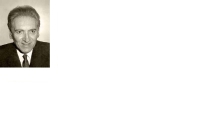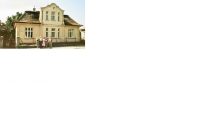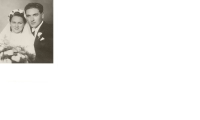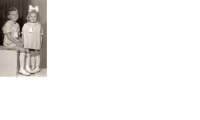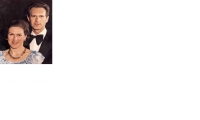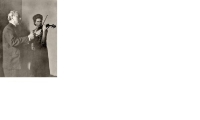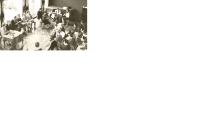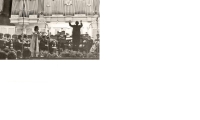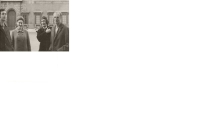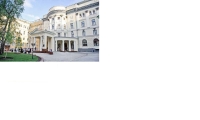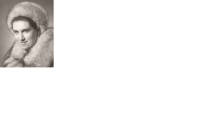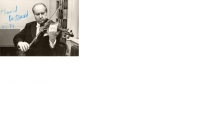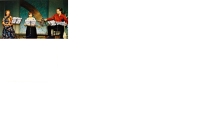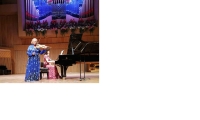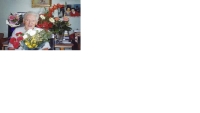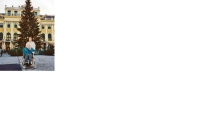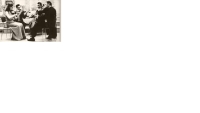„So at the age of twenty-one, I told my parents that I thank them very much, but they no longer have to support me financially, I‘ll make money with my concerts for studying.“
Jela Špitková, an excellent violin soloist, was born on January 1, 1947 in Nové Mesto nad Váhom, into the family of a doctor of law. Father Pavel Špitka, a lawyer who was in charge of representing three large companies, was more than in a good position at the time, until the regime changed. Jela‘s mother Oľga, a single Bogyaová, was born in 1912 into the family of an Evangelical pastor. There was only an annual difference between her and her future husband. She attended a German business school, whose studies later ensured her work in prosperous companies. Parents, Oľga and Pavel, dated an incredible eleven years together until a decision was made to get married. The wedding took place in 1941, and three years later a son Igor was born and then Jela. Jela grew up in a family house in Nové Mesto nad váhom, on Javorinská Street number seven. In 1960, the whole family moved to Bratislava and their new home became a rented apartment on Grösslingova Street for six years. Daddy started working as a lawyer in state arbitration. In addition to the regular primary school, Jela attended art school, and private violin lessons she attended with teacher Vrteľ, no exception. When the father later became a member of the housing association and also its chairman, the family‘s private situation improved and they were assigned a cooperative apartment in Štrkovec. However, in order for Pavel‘s artistically gifted children to be able to train continuously, he exchanged it for a state apartment in a brick house. Jela studied at the local conservatory for six years and successfully completed it in 1968. She remembered how much she was afraid of interviews, which were quite strict. Of the 53 violinists who applied to study, only 17 accepted. Thanks to the great effort and talent that Jela had at her disposal, she managed to represent her home country abroad several times during her studies at the conservatory. An exceptional opportunity to represent Czechoslovakia was for Jela in 1966, an offer from the European Youth Orchestra, which was based in London. She was only 19 years old and became a concertmaster. The year 1968 was approaching and with it the end of the conservatory. As the best graduate of the year, she received a five-year scholarship to Moscow University. However, the occupation changed her plans. She found out about it during her stay in Switzerland, where she subsequently had to spend two weeks in a Red Cross accommodation due to closed borders. After returning home, she studied at two universities, in Vienna with Professor Odnoposoff and in Prague at AMU, with Professor Plocko. She completed her postgraduate studies at the University of Moscow with Professor David Oistrach. The study ended at the age of 28, in 1976. Jela returned to Bratislava, where she worked at the Academy of Performing Arts as an assistant professor. She led a group of five, very talented students. She left the university in 1980 and spent a year in the Danish Radio Orchestra. For a long distance, she decided on the audition in Salzburg, which she won. Since 1980, she has been involved in Salzburg for 14 long years and since 1983, she has also taught at the University of Vienna. An integral part of her life became her son Paľko, who was born in 1986. In 2006 she received a professorship in Vienna, but also in Prague. Six years later, Jela retired in Austria, but still remained teaching at the AU Faculty of Performing Arts in Banská Bystrica, where she is twenty-fourth year. During her lifelong career, she has repeatedly played in 61 states. She has also recorded 900 minutes of her violin repertoire on records and CDs that are sold worldwide.
